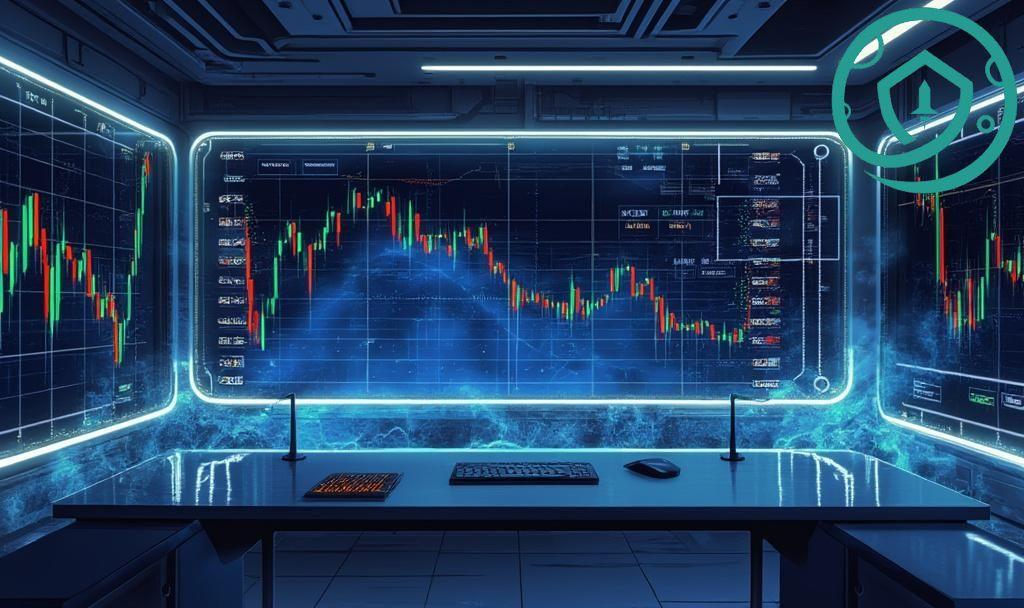
- The cryptocurrency market faces potential changes with Bitcoin reserves at 2018 lows.
- Possible supply shortage could elevate Bitcoin prices.
- Market movements may affect Bitcoin and relevant altcoins.
Bitcoin exchange reserves have declined to 2.459 million, marking the lowest level since 2018, according to recent data shared by crypto influencer @angrycryptoshow on social media.
The drop in Bitcoin reserves suggests a potential supply crunch that can influence market dynamics and drive price fluctuations.
Bitcoin’s exchange reserves reaching a five-year low implies a possible supply shortage. Leading influencers predict a surge in Bitcoin’s price, projecting it to surpass $107,000. Investors are keenly watching for market adjustments and price movements.
@angrycryptoshow emphasized the decline of exchange reserves, hinting at a mounting supply shock. “Bitcoin exchange reserves dropped to 2.459 million, the lowest since 2018, so we could see a supply shock incoming with supply drying up and price pushing past 107K. The squeeze is setting up.” Many traders are strategically holding stablecoins, anticipating volatility in the market driven by exchange outflows.
A drop in reserves often suggests increased HODLing behavior, likely reducing short-term sell pressure. This move to long-term custody suggests rising investor confidence in Bitcoin’s future value, with impacts on related assets like ADA and XRP expected.
The reduction has historically led to bullish trends, often aligning with significant upward price shifts. Without intervention, this could spur another bull run as market liquidity becomes strained, boosting Bitcoin’s already prominent market dominance.
Market actors anticipate regulatory adjustments alongside evolving cryptocurrency policies. With assets transitioning to long-term storage, involved parties anticipate intensified scrutiny and discussions potentially affecting regulatory perspectives in various jurisdictions.






